The 15 Best Korean Skincare Brands, Tested and Reviewed by Editors
The road to glass skin starts here.
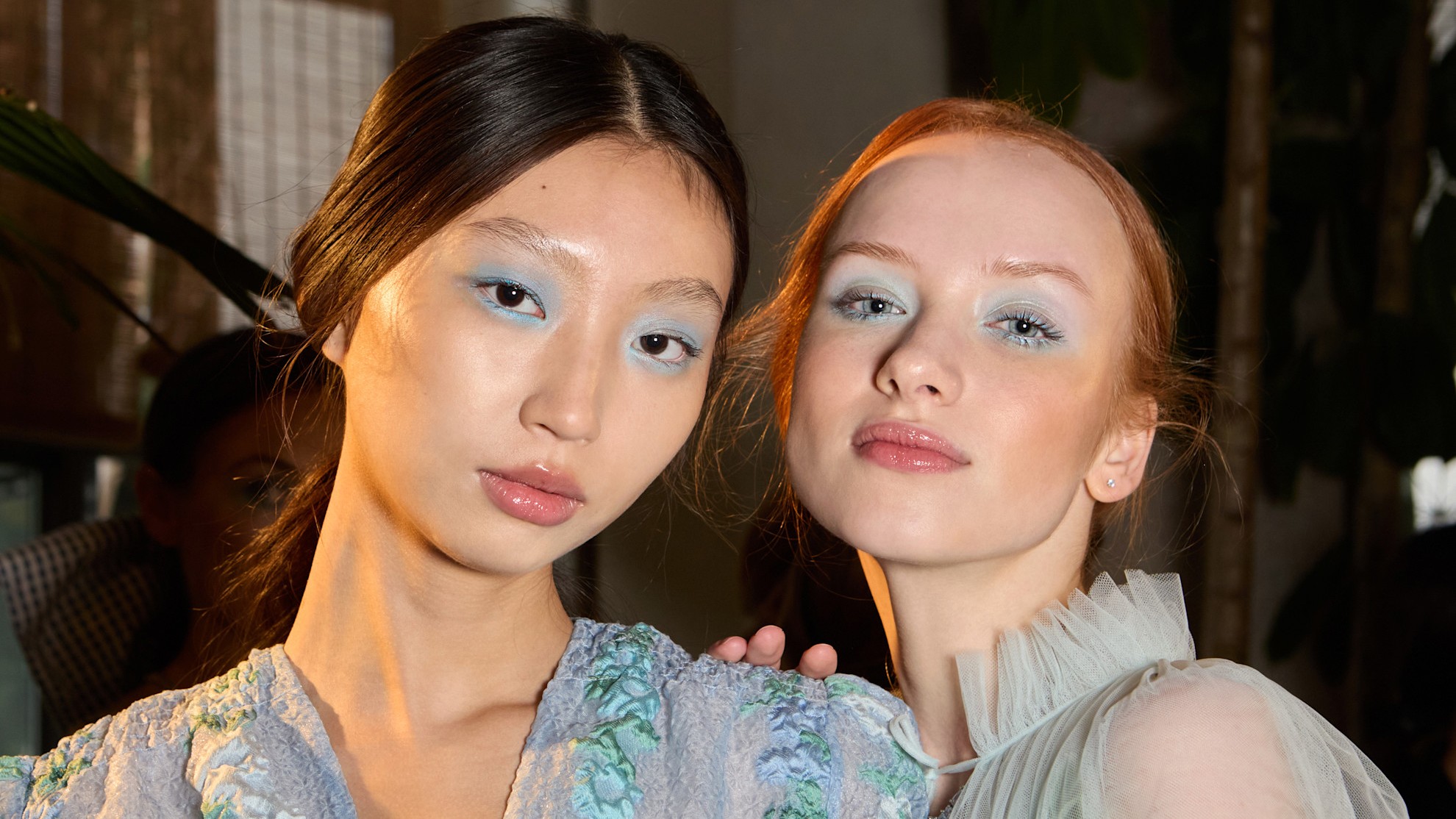
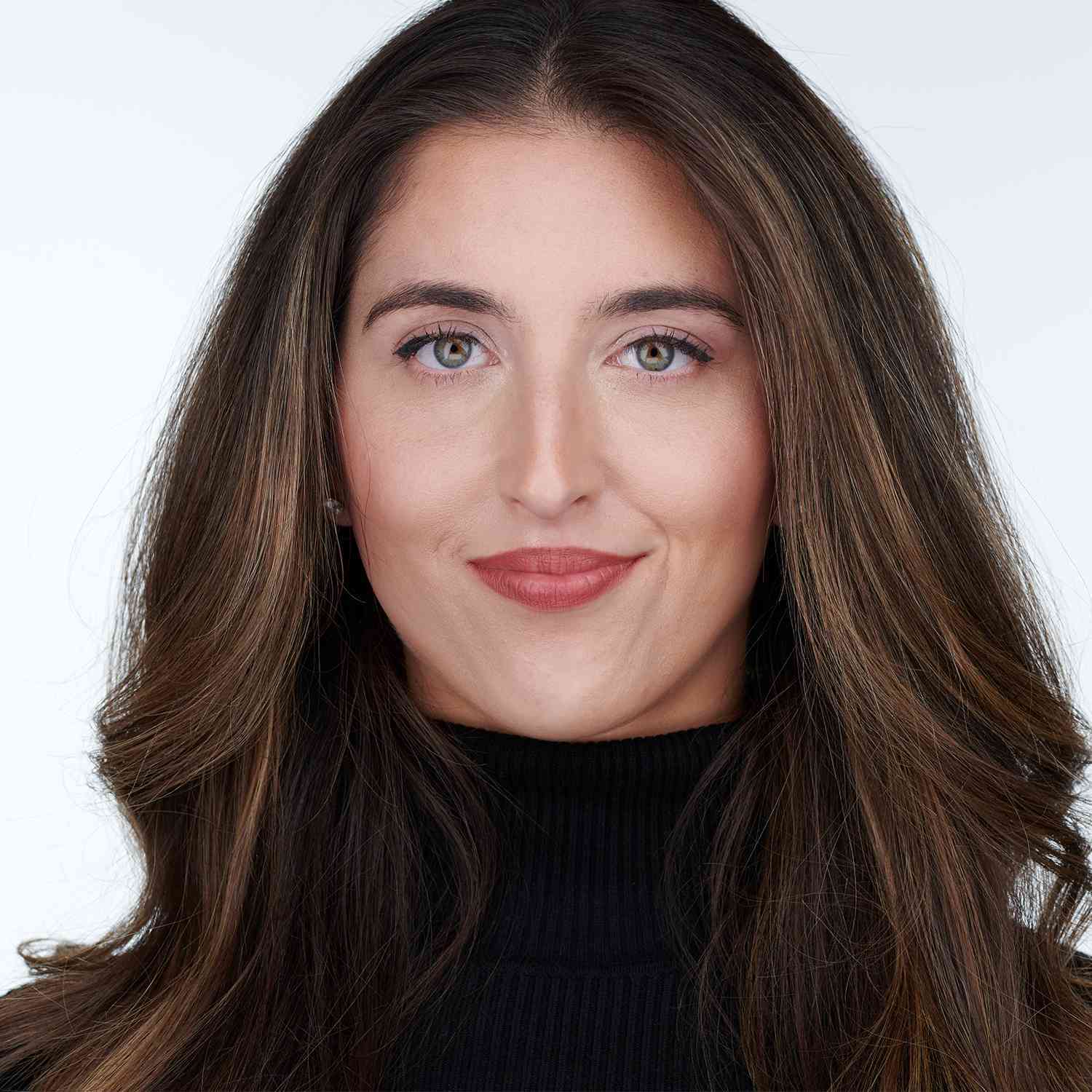
The K-beauty market is projected to be worth a staggering $13.9 billion globally by 2027—a figure that surprises no one, least of all myself or the Marie Claire team. After all, the best Korean skincare brands have earned a permanent spot in our routines thanks to their unmatched focus on hydration, calming inflammation, and delivering innovative ingredients and formulations that often outshine what’s available stateside.
Seoul, South Korea is a hub for advancements and trends (looking at you, glass skin) that influence beauty routines worldwide. "Korea is a leading global mecca for innovation with incredible skincare advancements emerging from Korea's labs," says Alicia Yoon, founder K-Beauty retailer Peach & Lily, as well as its eponymous in-house brand. "You'll see new product formats, incredible new ingredients, and new product categories coming out of the country."
Korean skincare brands like Laneige, Glow Recipe, and Sulwhasoo have become cult favorites over the years, but those just scratch the surface of what Korean beauty offers. Because navigating the options can feel overwhelming, I've curated a guide to the best Korean skincare brands on the market, which I developed over years of testing them. I have also spotlighted one of the most popular products (from Korean moisturizers to cleansing oils) from each to help you kick-start (or grow) your K-beauty collection.
The Best Korean Skincare Brands
- Best K-Beauty Skincare Brand Overall: COSRX
- Best K-Beauty Skincare Brand for Sensitive Skin: Illiyoon
- Best Popular K-Beauty Skincare Brand: Laneige
- Best K-Beauty Skincare Brand for Face Masks and Face Mask Alternatives: Mediheal
- Best K-Beauty Skincare Brand for Dry Skin: Belif
COSRX
COSRX products likely need no introduction, thanks to their cult-like popularity, but here’s something you might not know: the name stands for Cosmetics + Rx, a nod to the brand’s mission of creating targeted solutions for specific skin concerns. Founded in 2013 by Jun Sang Hun, COSRX has built a devoted following for its no-nonsense approach to skincare, with formulas powered by research-backed ingredients like snail mucin, niacinamide, centella asiatica, and BHAs.
It takes Marie Claire's title of best Korean skincare brand overall thanks to its efficacious formulas that can cover your entire regimen—from SPF in the morning to retinol at night—along with its commitment to transparent formulations and a fair price point.
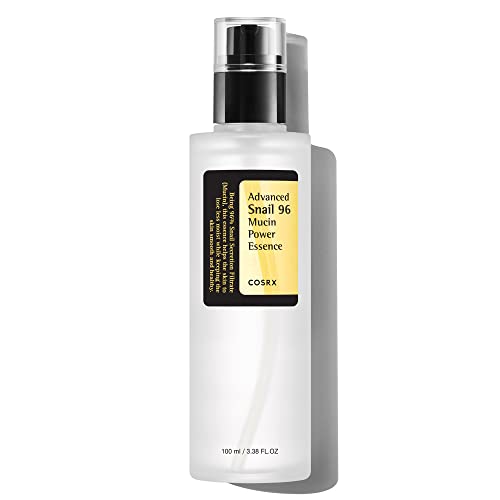
While COSRX isn't the only K-skincare brand using snail mucin in its products, its popular COSRX Snail Mucin 96% Power Face Serum is easily one of the most well-known. True to its name, the formula features 96 percent snail mucin to hydrate and repair dry skin over time, as well as other exceptional ingredients such as hydrating hyaluronic acid and soothing allantoin. Shoppers (including a Marie Claire contributor) swear by its skin-plumping, moisture-boosting benefits.
What I Love: Has a high concentration of snail mucin to hydrate and repair skin, boasts thousands of five-star ratings, fragrance and essential oil-free
What I Don't: The slightly tacky texture might not be everyone’s favorite
Review for MC: "I’ve been reaching for the TikTok-famous COSRX Advanced Snail 96 Mucin Power Essence on and off for years, especially when my skin needs a hydration boost. As soon as temperatures drop, it finds its way back into my routine to fend off winter dryness—and it never lets me down. If I procrastinate and those inevitable dry, itchy, and red patches show up, this essence works quickly to restore moisture and calm irritation." — Marisa Petrarca, Contributing Beauty Writer
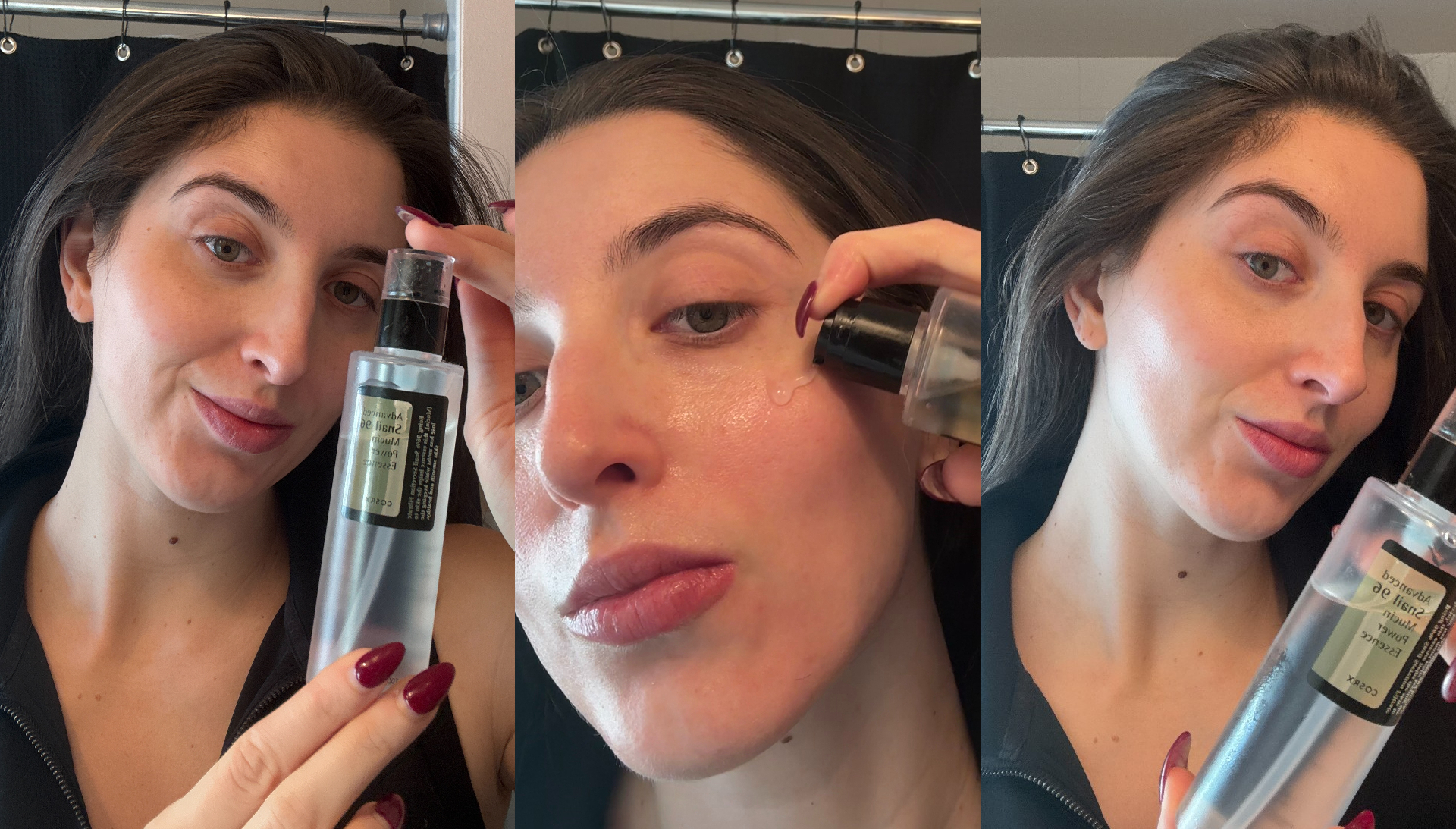
Contributing beauty writer Marisa Petrarca uses the COSRX Snail Mucin 96% Power Face Serum
ILLIYOON
Illiyoon's product range is specially formulated for sensitive skin and easily recognizable by its minimalist blue-and-white packaging and bold, capitalized brand logo. Each of the Korean brand's highly rated products are powered by a patented hydrating technology called the "Ceramide Skin Complex," as well as a carefully curated, irritant-free ingredient list.
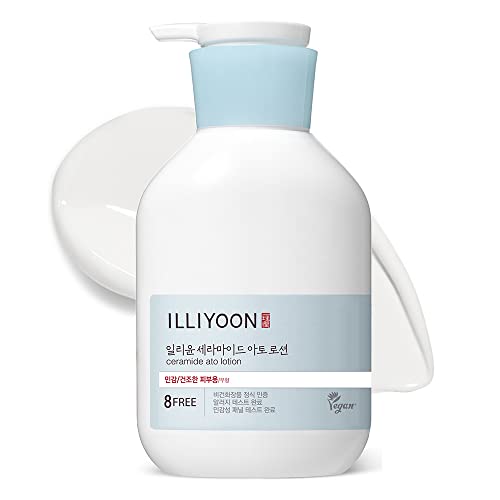
The Illiyoon Ceramide Ato Lotion is a multitasker the whole family can count on—even the littlest ones. According to the brand, this baby-safe body moisturizer is loaded with hydrating, anti-inflammatory ingredients and protective antioxidants to calm and protect sensitive skin. You can even use it on your face, perfect for those who love a streamlined regimen.
What I Love: Formulated for sensitive skin, comes in multiple sizes, can be used on the face and body
What I Don't: It's marketed as a lightweight lotion, but it feels more like a gel-cream
Review for MC: "As a mom-to-be, I’ve been extra mindful about choosing skincare products with minimalist ingredient lists—but balancing that with testing products for my job is no small feat. Fortunately, Illiyoon makes it easy; the brand’s formulations are free of fragrances, essential oils, parabens, alcohol, and mineral oils (all stuff I feel better avoiding during pregnancy.) And beyond its gentle ingredients, the texture is unlike any body product I've tried before. It feels more like a refreshing gel than a cream and leaves my skin visibly hydrated and silky." — Marisa Petrarca, Contributing Beauty Writer
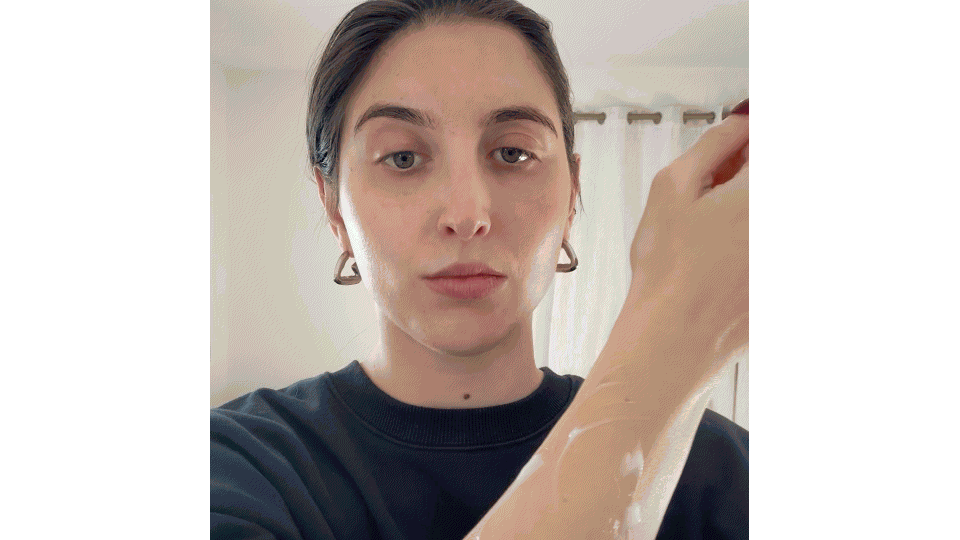
Contributing beauty writer Marisa Petrarca uses the Illiyoon Ceramide Ato Lotion.
Laneige
Laneige, founded in Seoul, South Korea, in 1994 by Amorepacific—the corporation behind many of the brands on this list—is an icon in the K-beauty world. While it’s best known for its cult-favorite Lip Sleeping Mask, the brand boasts plenty more skincare staples like hydrating moisturizers, refreshing toners, nourishing essences, and more, all formulated to deliver a dewy glow.
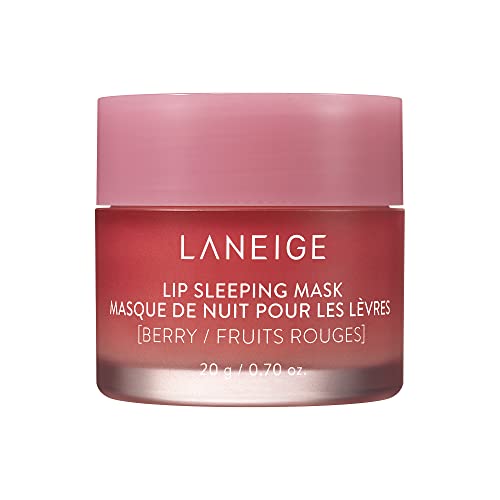
This cult-favorite formula might be labeled as a lip mask, but everyone I know who owns it uses it around the clock. During the day, it delivers a tint, a glossy finish, and a protective barrier; at night, it locks in hydration as you sleep. It's packed with humectants, emollients, and occlusives—the ultimate trio for tackling dryness—and leaves lips feeling softer, smoother, and noticeably plumper with consistent use.
What I Love: Can be used as both a daytime balm and overnight mask, thick and buttery texture, a little goes a long way
What I Don't: Added fragrance may worsen very chapped lips
Review for MC: "I’m among thousands who consider this lip mask a non-negotiable in their beauty routine. The jar lives on my bedside table for nightly slathering, while the tube version stays in my bag for a glossy, antioxidant-packed layer of buttery protection that feels soothing, not sticky. Though I wouldn’t recommend it for extremely dry lips or sensitive skin because of the added fragrance, the fruity-sweet berry scent is subtle yet enjoyable." — Marisa Petrarca, Contributing Beauty Writer
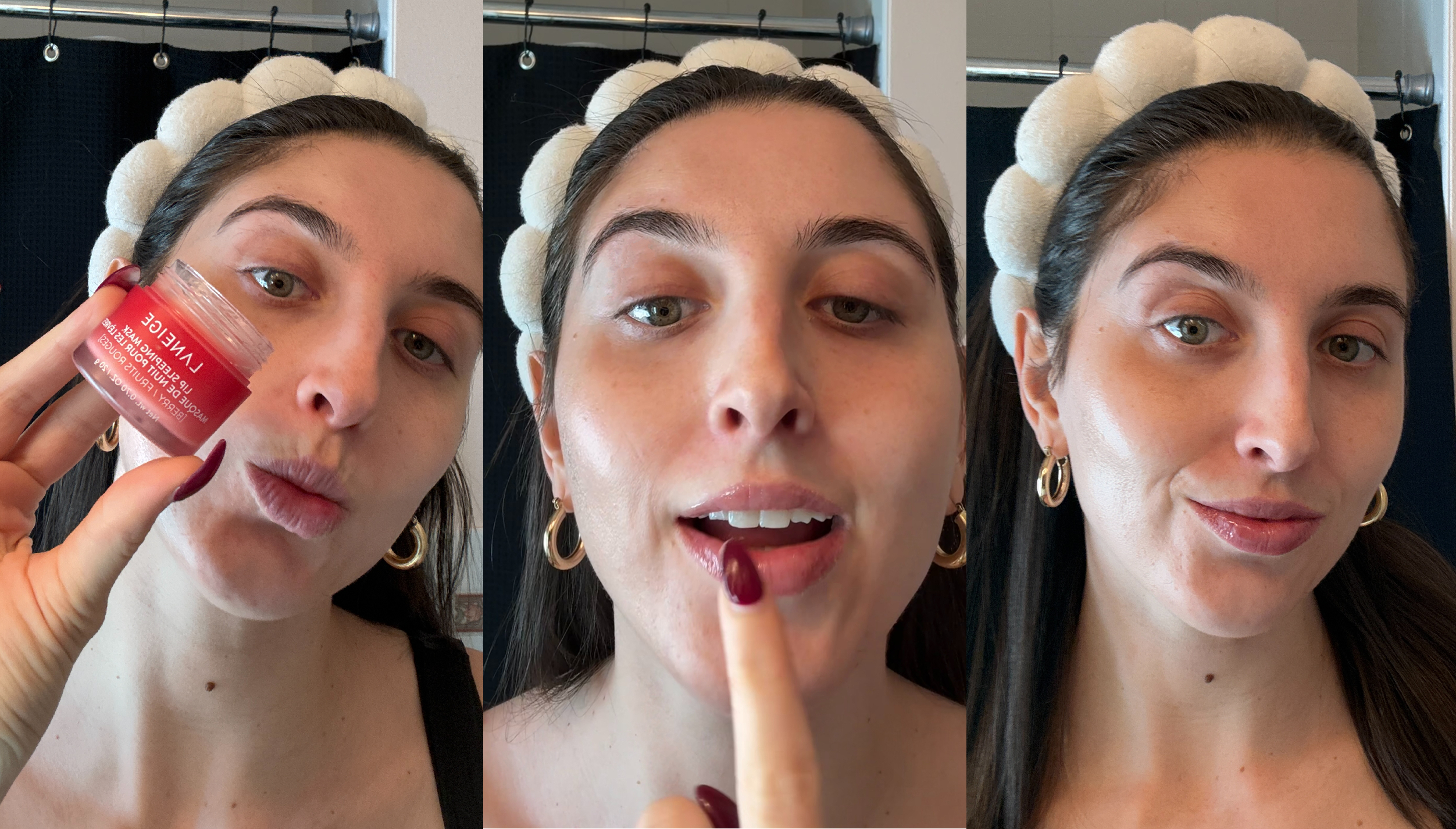
Contributing beauty writer Marisa Petrarca uses the Laneige Lip Sleeping Mask in Berry.
Mediheal
One of the most iconic steps in the Korean skincare routine is the sheet mask, drenched in a nourishing essence to strengthen the skin barrier. For many, Mediheal is and has been the go-to for sheet masks since its 2009 debut, but over the years, it's introduced more eye-catching innovations. Among them are its top-rated toner pads, which you can either swipe across your skin for a quick hit of hydration or apply to specific areas like a mini sheet mask for a more indulgent treatment.
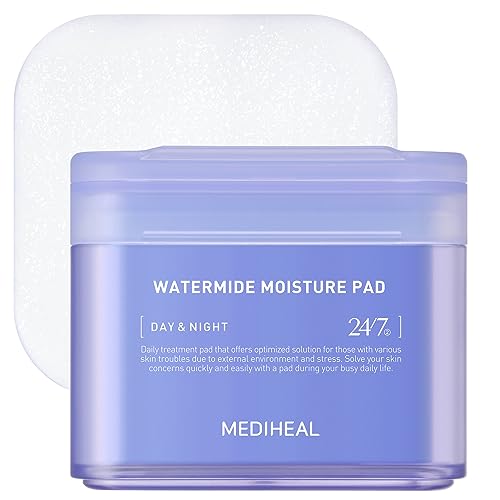
The Mediheal Watermide Moisture Pads come in a variety of formulas, but this hydrating version is a Marie Claire favorite, packed with ingredients that moisturize and soothe the skin. If hydration isn’t your main concern, Mediheal’s blemish-fighting and brightening pads are just two more options worth exploring. We’re also big fans of the eye-catching packaging and the fact that the pads are refillable—no need to purchase a bulky new tub every time you run out (a win for sustainability!).
What I Love: You can purchase refillable pads to stick in the container when you're out; comes with tweezers to grab the individual pads without sticking fingers in; doubles as toner pads or leave-on masks
What I Don't: Bulky container isn't ideal for travel
Review for MC: "I rarely apply face masks because they’re messy and never seem to fit quite right. But after trying these, I knew they’d become my go-to alternative. When I’m in a rush, I use them as a toner pad after cleansing for a quick sweep of hydration. On days when I have a bit more time, I press them onto specific dry spots, and they do so much more than moisturize. They cool my skin, reduce puffiness, and leave my face feeling refreshed and revived. The included tweezer for grabbing the pads is a thoughtful detail that takes the experience from good to truly great, in my opinion." — Marisa Petrarca, Contributing Beauty Writer
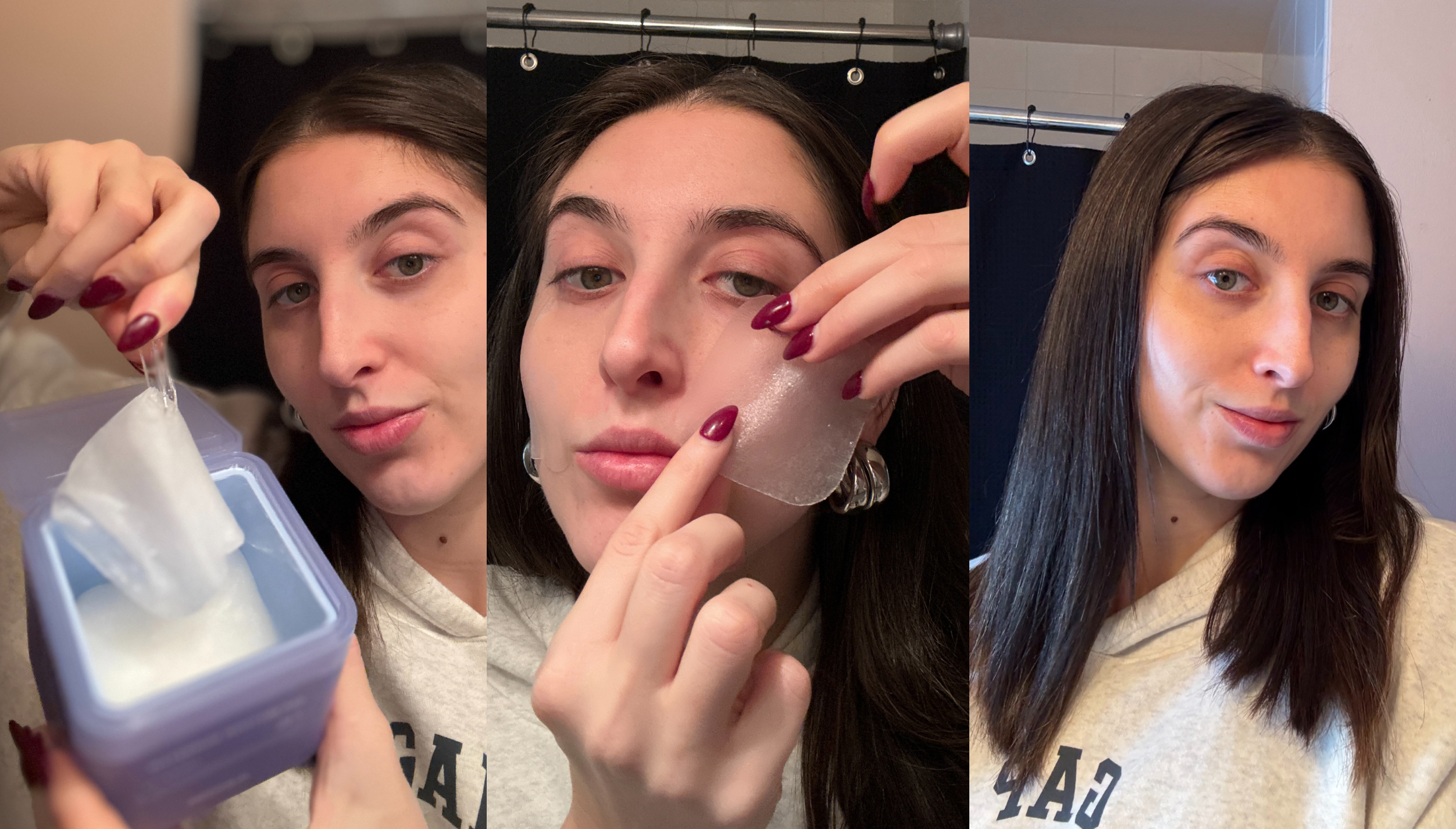
Contributing beauty writer Marisa Petrarca uses the Mediheal Watermide Moisture Pad.
Belif
Founded in 2010, the Korean skincare brand Belif is beloved for its hydration-focused formulas, naturally-derived ingredients, and satisfying textures. While the brand was born in South Korea, it takes inspiration from the herbalist traditions of Duncan Napier, a 19th-century UK-based apothecary, evident in the brand's frequent-yet-welcome use of herbs like oat kernel extract, calendula flower extract, and lady's mantle, which the brand pairs with actives such as niacinamide, hyaluronic acid, and ceramides for clinically proven results.
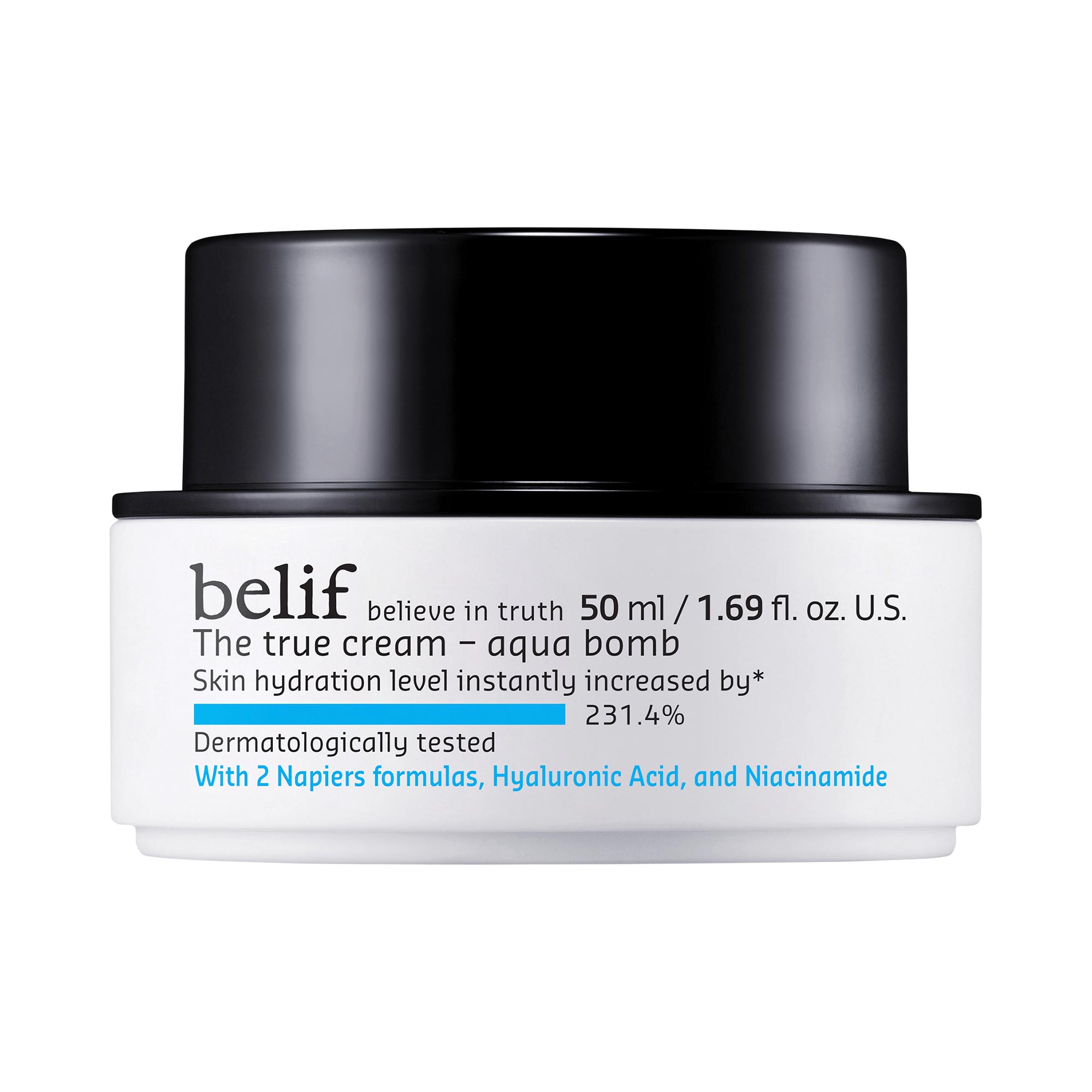
I’ve raved about Belif's The True Cream Aqua Bomb in a roundup of Marie Claire’s favorite Korean moisturizers because it truly lives up to its name, “Aqua Bomb." This water-based gel-cream absorbs in seconds, feels refreshingly cool on application, and is packed with skin-nourishing ingredients like hydrating hyaluronic acid, gently exfoliating niacinamide, and a mix of botanical extracts that soothe skin while delivering antioxidant protection against environmental stressors.
What I Love: Fast-absorbing; uses niacinamide for gentle exfoliation; cooling gel-cream texture
What I Don't: Contains alcohol, which can be drying
Review for MC: "I’m a firm believer that texture makes or breaks a moisturizer, and Belif’s The True Cream Aqua Bomb is one of the best I’ve tried. Its cooling, jelly-like formula feels refreshing on application, absorbs in seconds, and leaves my skin looking plump and radiant without any sticky residue." — Marisa Petrarca, Contributing Beauty Writer
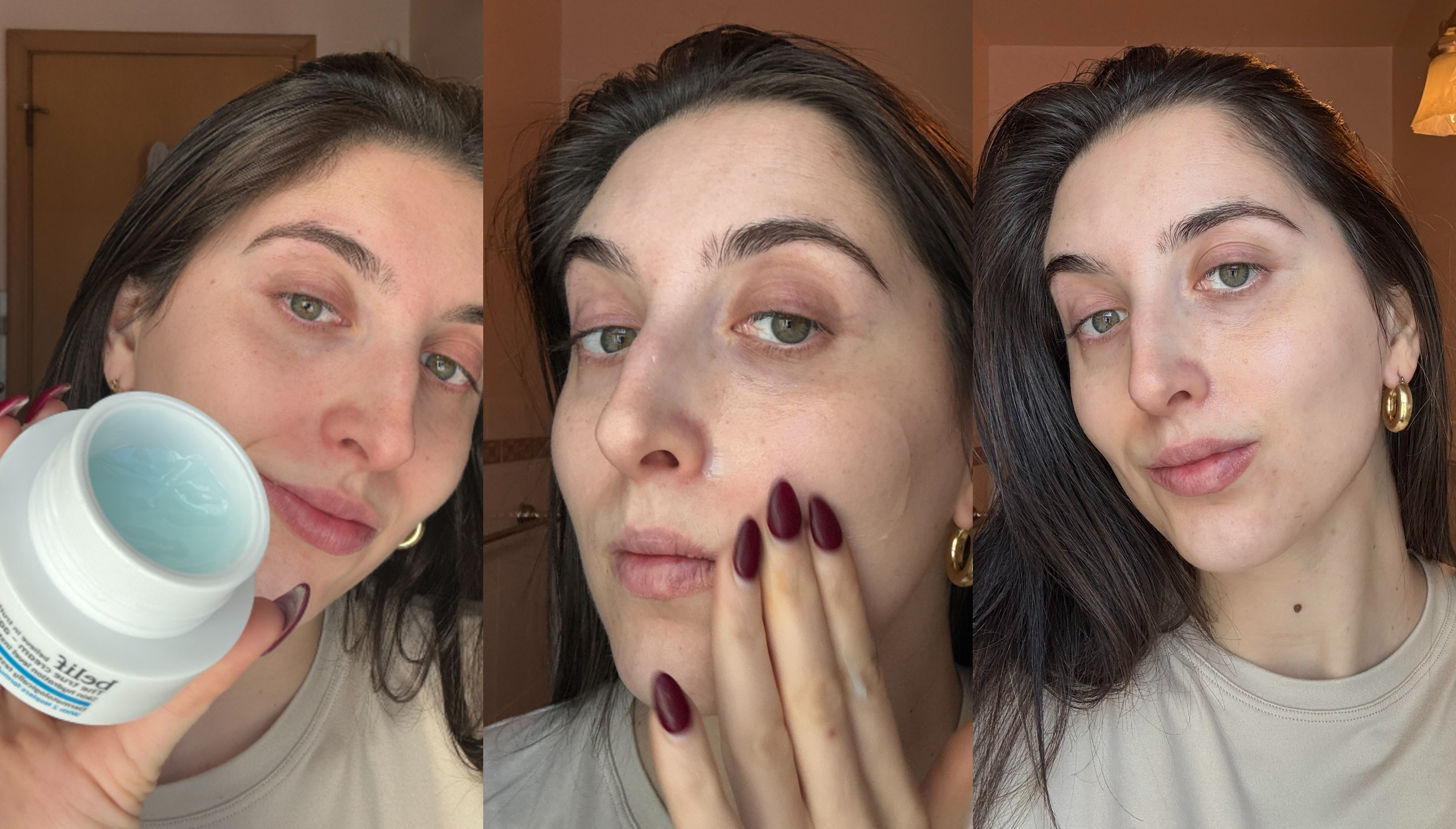
Contributing beauty writer Marisa Petrarca uses the Belif The True Cream Aqua Bomb.
Other Korean Skincare Brands I Love
Then I Met You
Then I Met You is the brainchild of Charlotte Cho, the founder of the popular K-Beauty retailer Soko Glam. The beautifully packaged brand uses heritage ingredients in its products, including persimmon, ginseng, and fermented rice. All its products are backed by science to maximize effectiveness. For example, the brand’s website notes that its Panax ginseng is "dried nine times to enhance its natural antioxidant properties before landing in our Panax ginseng concentrate."
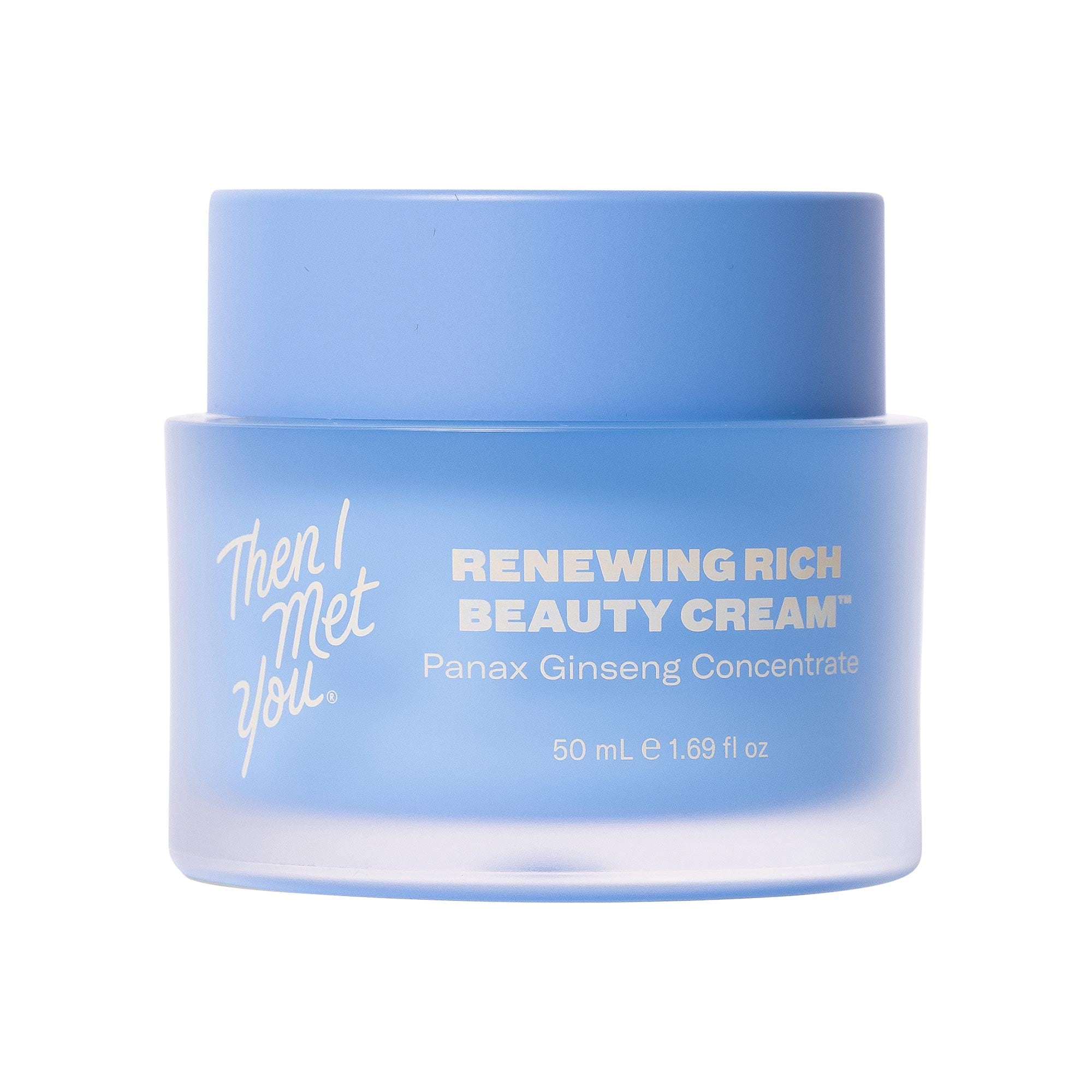
Then I Met You is known for celebrating heritage Korean skincare ingredients, and ginseng is undeniably the star of this rich, silky moisturizer. The formula works overtime to tackle dryness, dullness, fine lines, and redness using multiple forms of hydrating hyaluronic acid, brightening niacinamide, firming adenosine, and soothing centella asiatica extract.
What I Love: Antioxidant-packed, great for dry, sensitive and aging skin; contains multiple forms of hyaluronic acid for comprehensive moisture
What I Don't: The rich texture might feel too heavy for morning application on some skin types
Sulwhasoo
Pronounced “Suhl-ha-soo,” this luxurious skincare brand has been a leader since 1966, long before the K-Beauty boom hit the U.S. Known for its ginseng-powered formulas, Sulwhasoo uses a 500-hour ripening process and proprietary bioconversion technology to level up its efficacy. Its products are formulated for all skin types but especially praised among those with mature skin.
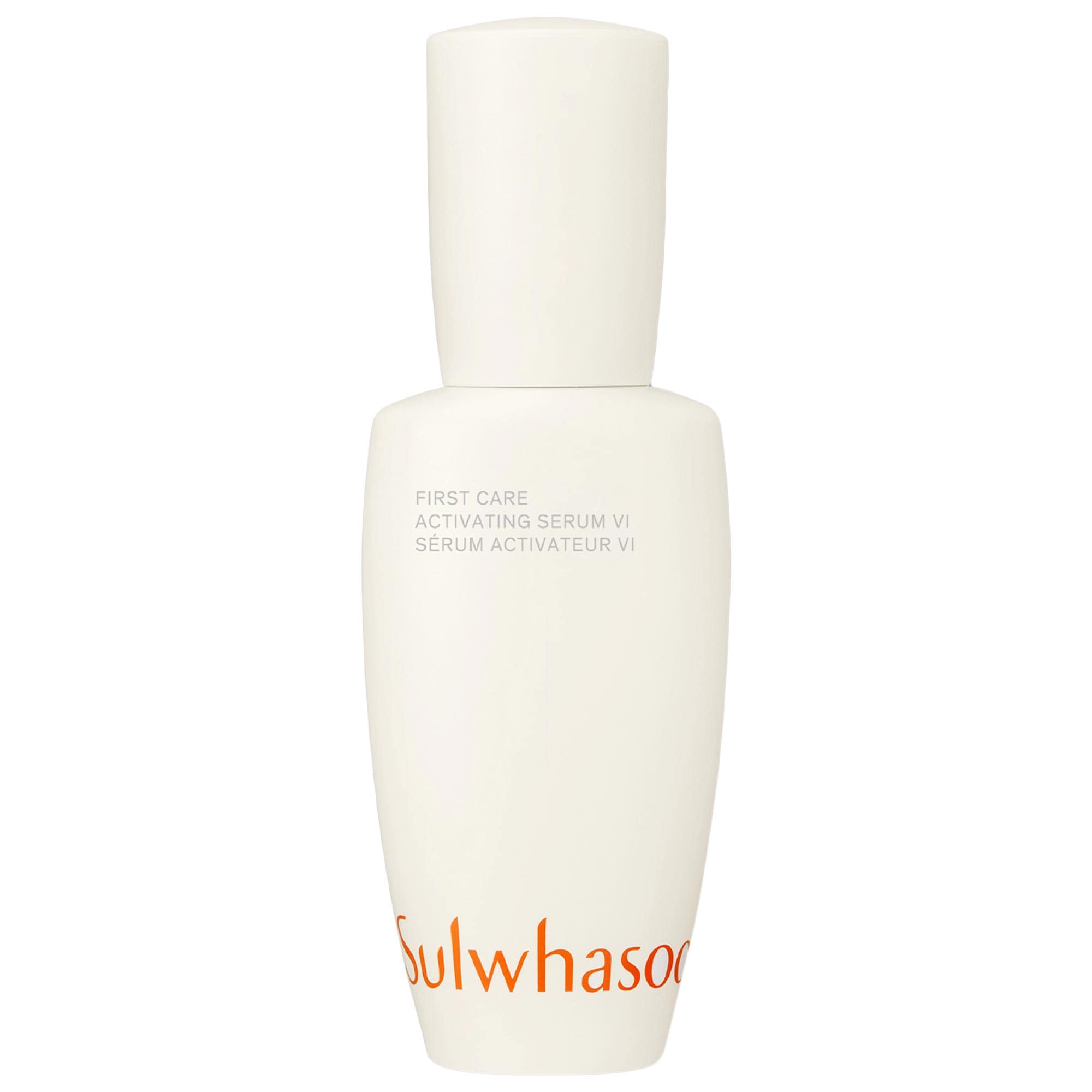
Sulwhasoo's First Care Activating Serum has been a skincare staple since its debut in 1997 and is now on its sixth reformulation. Designed to be your first step post-cleansing, it harnesses the power of five key herbs—alongside ginseng—to boost hydration, brightness, and radiance while improving the appearance of fine lines.
What I Love: Lightweight; boosts efficacy of other products in your skin-care routine; regularly updated with the latest skincare innovations
What I Don't: Pricey
Glow Recipe
Glow Recipe, founded in 2017 by Christine Chang and Sarah Lee, is a clean, vegan, and cruelty-free skincare brand giving K-skincare a playful twist. Inspired by their Korean heritage, the duo created a line of fruit-powered products that deliver serious results wrapped in fun, colorful packaging. Loved by countless beauty enthusiasts everywhere, Glow Recipe’s formulas brighten, hydrate, and nourish without compromising on gentleness.
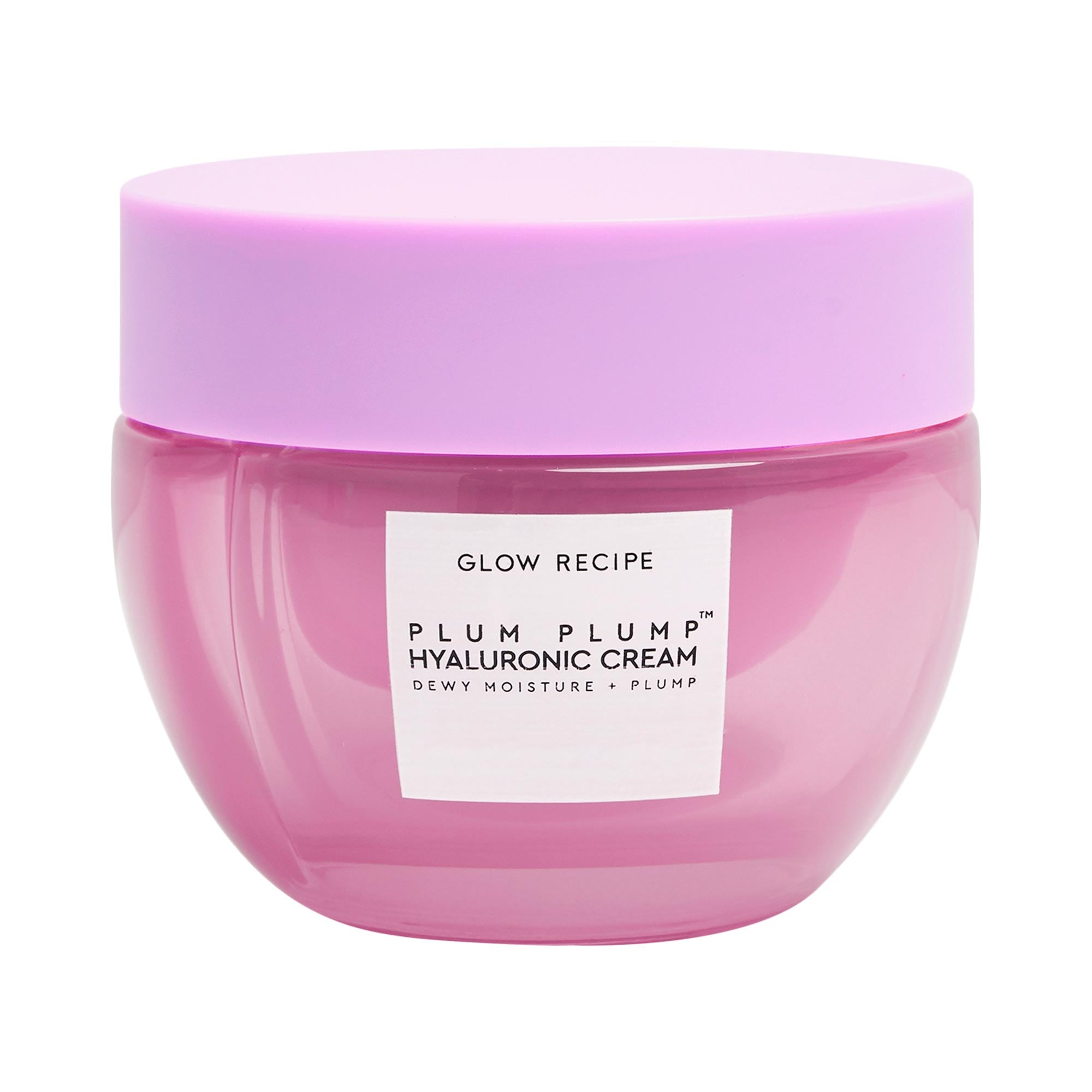
Reviewers rave about this cream's lightweight, whipped texture, its deeply hydrating benefits, and its eco-friendly refillable packaging. The formula combines hyaluronic acid in varying molecular weights with polyglutamic acid to replenish moisture, while niacinamide firms the skin. Antioxidants provide added protection against free radicals, which contribute to visible signs of aging.
"This lightweight formula smooths my fine lines, gives me a dewy glow, and preps my skin for a tinted moisturizer or foundation in the morning," says Senior Beauty Editor Samantha Holender. "As a bonus, the cooling, gel-like texture is the perfect skin refresh to wake me up before my coffee."
What I Love: Refillable, visibly (and temporarily) plumps fine fines; comes in recyclable packaging
What I Don't: The jar packaging means you’ll need to dip your fingers in, unless you purchase an applicator separately
Peach & Lily
Peach & Lily is an online retailer specializing in Korean products. But in addition to curating the bes brands on the market, it also has an in-house line that launched in 2018. The brand focuses on active ingredients that are safe for sensitive skin, while keeping things clean, non-toxic, and sustainable with packaging made from post-consumer recycled materials.
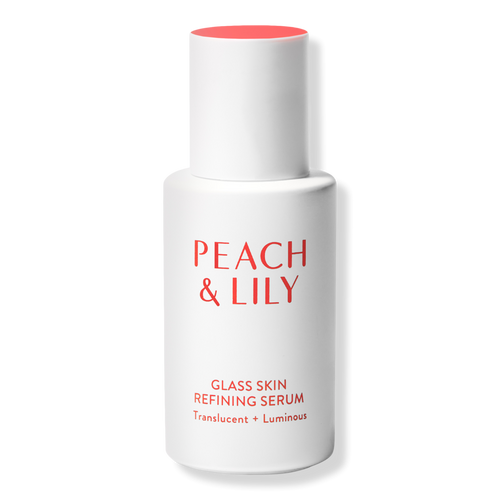
You’ve likely heard the term "glass skin," which originated in Korea and describes skin that’s luminous and reflective like—you guessed it—glass. This formula from Peach & Lily is one of the few to include all the key ingredients needed to achieve that coveted glow, including niacinamide, hyaluronic acid, peach extract, cica, and adenosine.
What I Love: Radiance-boosting, oil-free, widely available
What I Don't: Contains ingredients that may irritate or clog pores in acne-prone skin
d'Alba
Yoon tells Marie Claire that this Korean skincare brand, founded in 2016, "has taken Korea by storm with its hero ingredient, white truffle, which is packed with vitamins, minerals, and antioxidants." While you might typically associate the star with gracing pasta dishes, it also delivers great skincare benefits such as vitamin C, B12, and amino acids, which provide next-level antioxidant protection.
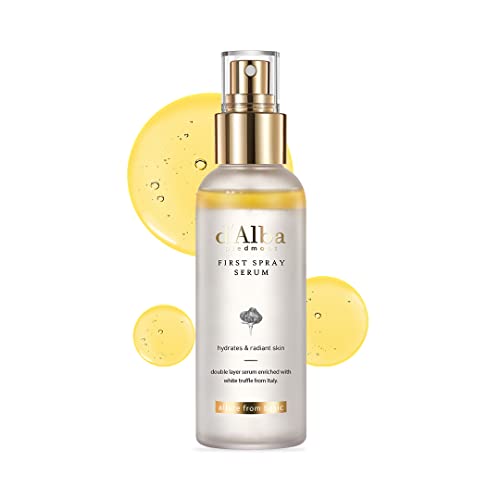
This silky serum spray leaves "a visibly calming, balanced radiance," says Yoon, adding that it layers beautifully with other skin products—and under makeup. Plus, it's hypo-allergenic and dermatologist-tested, making it a vetted product for sensitive skin types.
What I Love: Multipurpose (can be used anytime for a hydration boost, as a toner or serum, or before or after makeup), dispenses a fine, even mist, hydrating formula leaves skin plump and refreshed
What I Don't: Glass packaging is luxurious but might not be travel-friendly for everyone
Aestura
Aestura, founded in 1983, is what I’m calling the CeraVe of Korea—though with a slightly higher price tag. The brand specializes in repairing and strengthening the skin barrier with hypoallergenic, fragrance-free formulations that work for all skin types—especially sensitive skin. It’s also widely celebrated as Korea’s number one dermatologist-recommended brand.
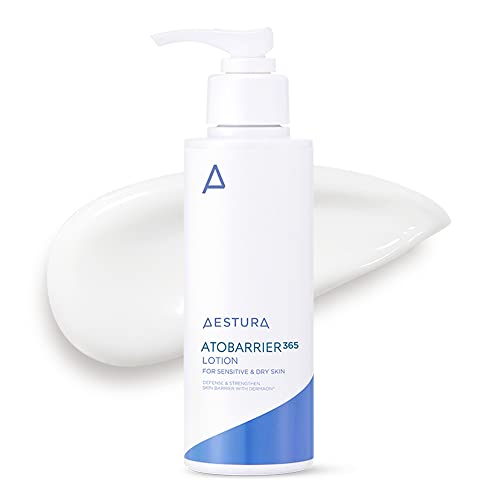
Aestura offers targeted skincare ranges designed for dry, sensitive, and acne-prone skin. While the entire lineup has loyal fans, the brand's ATOBARRIER365 Cream with Ceramide is the favorite. It uses glycerin, squalane, ceramides, cholesterol, and fatty acids to deliver—and lock in—moisture while improving your skin barrier's strength, as well as allantoin to soothe.
What I Love: Strengthens the skin barrier, clinically shown to boost hydration with regular use, tested and approved for sensitive skin
What I Don't: Someoff reviewers note that the unscented formula has a subtle "chemical scent" they find off-putting
Amorepacific
Amorepacific is the crown jewel of the Amore Pacific corporation, which also houses beauty icons like Laneige, Sulwhasoo, and Innisfree. The brand is revered for its cutting-edge use of green tea, sourced exclusively from its private garden on Jeju Island, South Korea. This hero ingredient undergoes "a state-of-the-art dual extraction method to preserve the potency of the bud’s active ingredients.
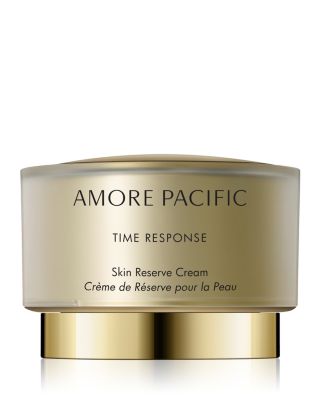
This unbelievably soft balm-to-crème moisturizer feels as luxurious as it sounds and is perfect for twice-daily use. While its velvety texture and chic packaging are definitely a draw, it’s the ingredient list that steals the spotlight. The formula features antioxidant-rich green tea extract, ginseng root extract, vitamin E, adenosine, and niacinamide—all working together to deeply hydrate, protect the skin, and visibly smooth fine lines.
What I Love: Luxurious balm-to-crème texture, elegant packaging, potent ingredients
What I Don't: Pricey
Innisfree
Innisfree has been a K-beauty favorite since its founding in 2000, thanks to its plant-powered ingredients like green tea, volcanic clusters, orchid, and bija seed, all sustainably sourced from Jeju Island, South Korea. The brand’s dedication to eco-friendly practices and affordable pricing is the perfect complement to its potent, skin-loving formulations.
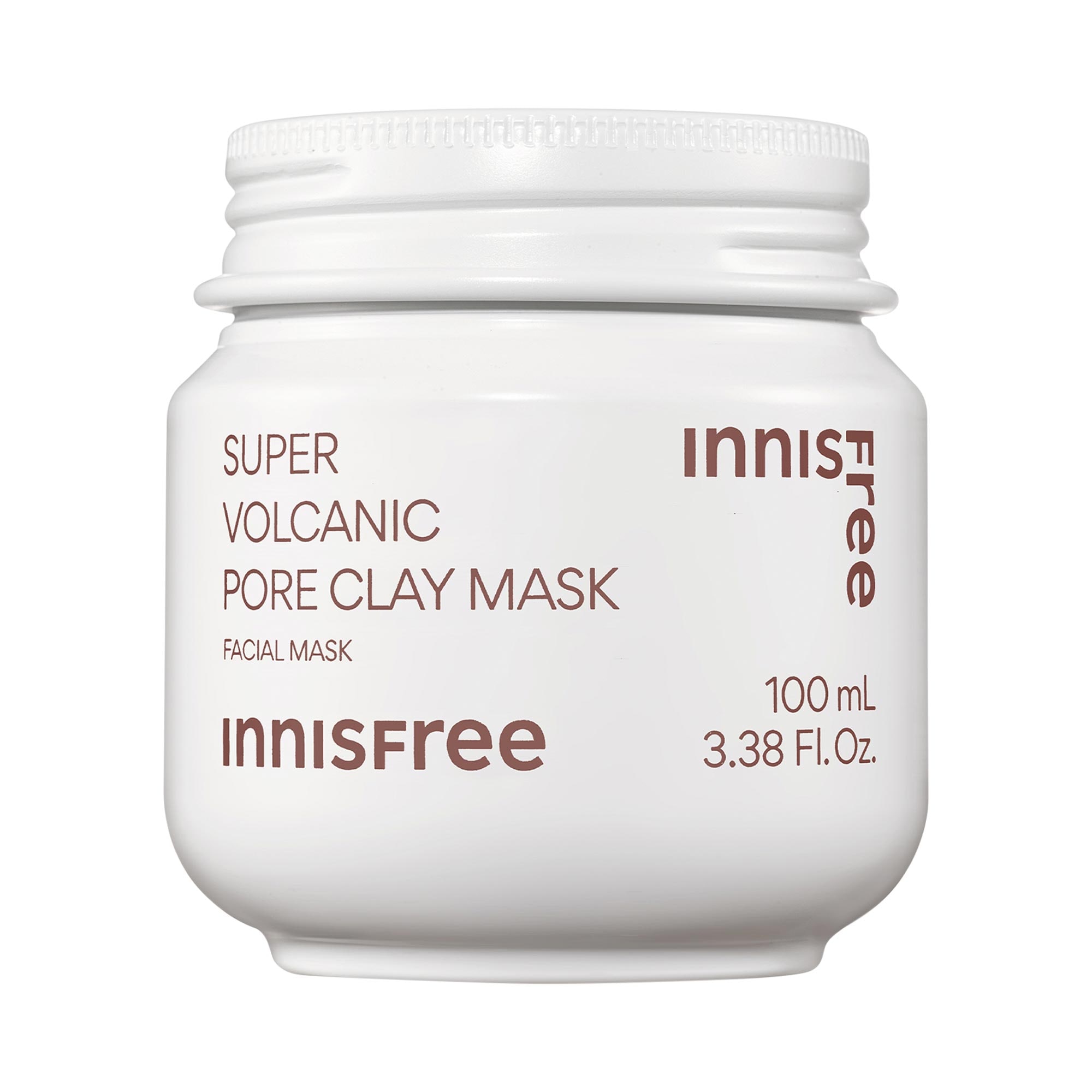
The Innisfree Super Volcanic AHA Pore Clearing Clay Mask is one of the Korean skincare brand’s many bestsellers. It reduces the appearance of pores and refreshes oily or combination skin with volcanic ash clusters that absorb excess sebum and lactic acid that exfoliates dead skin cells, leaving skin noticeably smoother.
What I Love: Affordable, visibly reduces appearance of pores, contains lactic acid to smooth skin
What I Don't: Not safe for those with nut allergies (contains walnut shell powder)
Dr. Jart+
Dr. Jart uniquely bridges the gap between art and dermatological science, which is exactly where its name comes from—an abbreviation of “Doctors Join Art.” Its products are anything but ordinary, from the innovative Cicapair™ Treatment (more on that below) to the vibrant yellow Ceramidin Cream tube and the playful Cryo Rubber Masks that are as effective as they are fun to use (and look at).
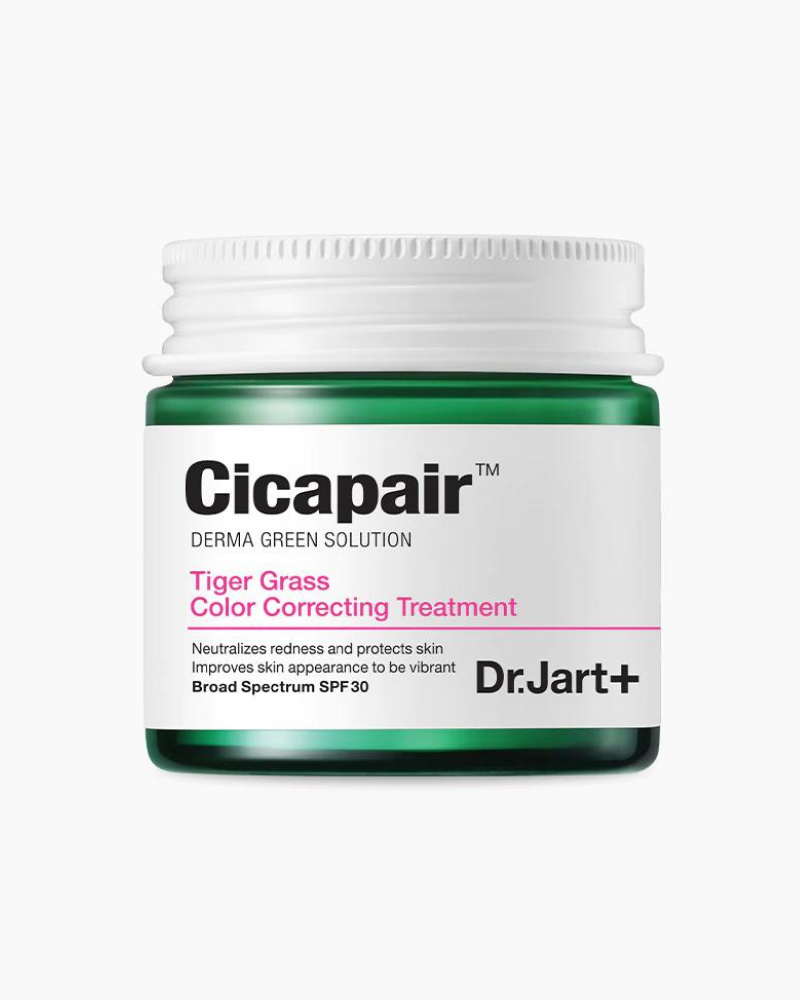
Dr. Jart+ Cicapair™ Tiger Grass Color Correcting Treatment SPF 30 is powered by centella asiatica (aka cica), a soothing, anti-inflammatory ingredient that calms irritated skin, while its innovative green-to-beige formula neutralizes redness even before reaching for foundation. You can use it as a primer, to conceal blemishes, or to even out your skin tone for a no-makeup makeup look.
What I Love: Calms redness with active ingredients and tint, contains SPF 30, multipurpose
What I Don't: Tint might not work well for deeper skin tones
Beauty of Joseon
Beauty of Joseon may be a newer player in the Korean skincare scene, having launched in 2017, but it’s quickly made a name for itself—thanks in part to its TikTok-viral SPF (more on that in a minute). It blends traditional Korean ingredients with modern technologies for formulas that are just as buzzworthy as they are effective.
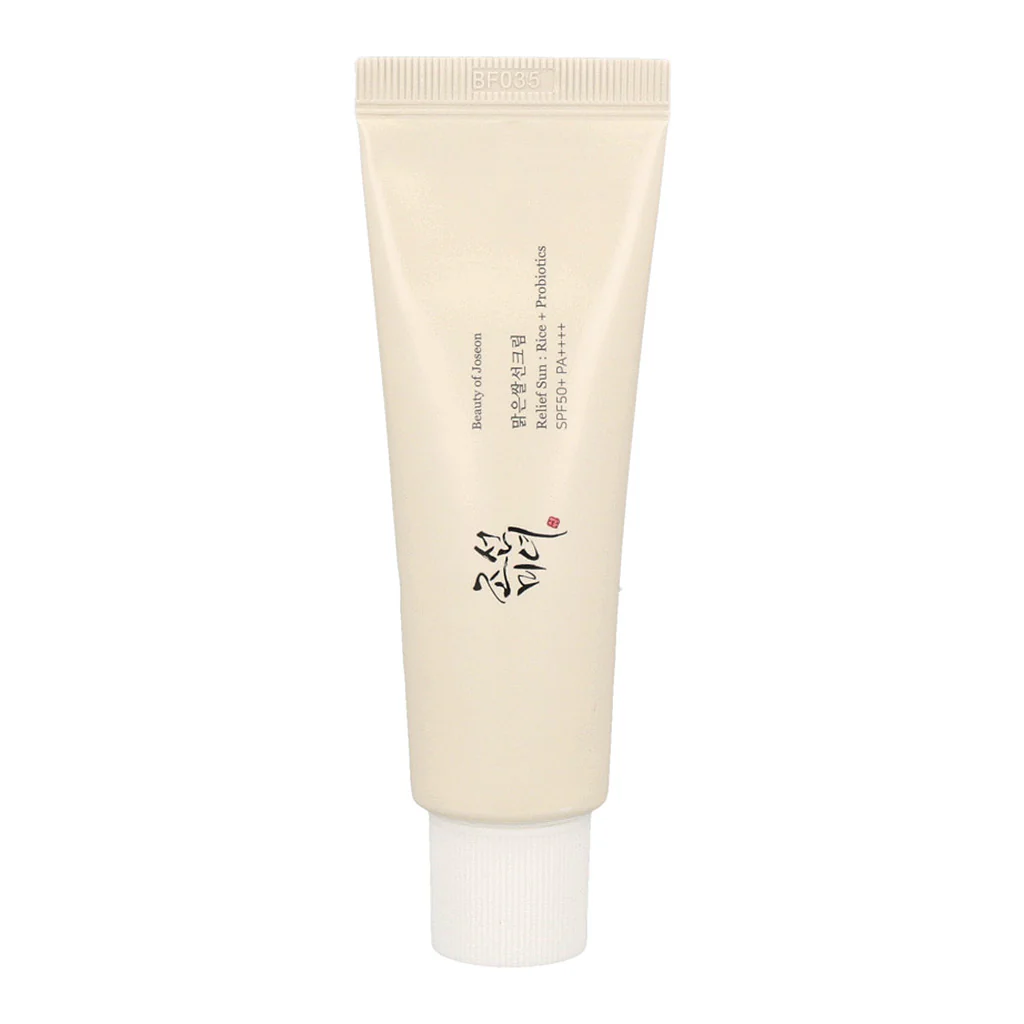
Beauty of Joseon SPF is practically a must-have after its meteoric rise in popularity in 2024. It’s the complete opposite of your typical sunscreen—lightweight, fast-absorbing, and completely free of that greasy residue we all dread. Plus, it’s white-cast-free, making it perfect for every skin tone, and leaves behind a natural matte finish that's a great base for makeup.
What I Love: Lightweight and absorbs easily, provides a natural matte finish, doesn't leave a white cast
What I Don't: Not available at many retailers (yet!)
What Makes K-Beauty Different?
In America, you can find skincare products for almost anything. Generally speaking, we love our chemical peels, our retinoids, and our exfoliating acids. Korean skincare, on the other hand, is more focused on long-term skin health and a well-maintained barrier. "There's a deep focus on aspects that keep skin thriving—hydration, calming, and protecting ingredients," says Yoon.
Korea is the birthplace of the double cleanse, which combines an oil cleanser to dissolve makeup and SPF with a water-based cleanser to remove sweat and dirt. "This two-step process delivers clarified, deeply cleansed skin without being harsh on skin," adds Yoon.
According to board-certified Internal Medicine physician Zion Ko Lamm, M.D., look for oil cleansers with grapeseed. Grapeseed oil is known to improve the skin's barrier function, and it has "even more antioxidant benefits outside of just cleansing," she notes.
Cleansing is always followed by deep hydration. "Essences are a staple skincare category in Korea as they're formulated to flood skin with hydration," says Yoon. "The seven-skin method originated in Korea years ago, and focuses on hydrating skin by patting on seven layers of your essence to flood skin with hydration."
How Long Is a Korean Skincare Routine?
Most people associate Korean skincare with 12-step routines. While a lengthy regimen can be the case, it doesn't have to be. "A standard routine may not always have so many steps, but because each routine is focused on personalization and ensuring skin is cleansed well, amply hydrated, with targeted treatments, and SPFS, you typically have a multi-stepped routine," notes Yoon.
In addition to a double cleanse, essence, and SPF (K-Beauty sunscreens are elite), you'll also likely include serums or ampoules that can address specific concerns. "Some people might use one serum every day of the week while others pair two serums together. Others might switch up serums several times a week to hyper-target how their skin is feeling each day," adds Yoon.
How Expensive Is Korean Skincare?
Because Korea is one of the most competitive beauty landscapes with demanding consumers, brands are constantly challenged to level up formulas, packaging, and value. "We have avid skincare consumers in Korea to thank for many of the innovative, accessible, and exceptional products," notes Yoon. As a result, many products have a lower price point.
Why Trust Us?
Marie Claire is an expert in skin care, having covered topics ranging from the best products to fight rosacea and de-puffing eye creams that actually work, to deep dives into what to know before getting filler and reviews of innovative aesthetic treatments (yes, even salmon sperm injections).
Beauty Writer Marisa Petrarca brings nearly a decade of expertise to this story and has tested countless K-beauty skincare products, including moisturizers, serums, cleansers, and sunscreens. For this story, the team consulted a board-certified dermatologist and Peach & Lily founder Alicia Yoon.
How We Tested
For this story, we sourced editor favorites and tested over 25 Korean skincare brands available stateside. We evaluated each brand based on texture, ingredients, and results, as well as its overall popularity and effectiveness.
Meet the Experts
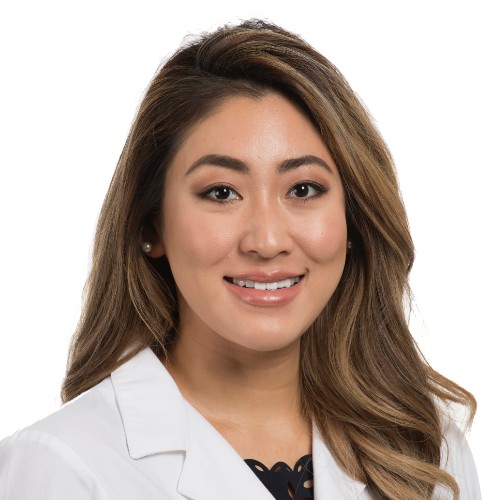
Dr. Zion Ko Lamm is a board-certified Internal Medicine Physician who specializes in skincare. She is known for her popular online content about skin health and Korean beauty, in particular. She is currently based in South Carolina.
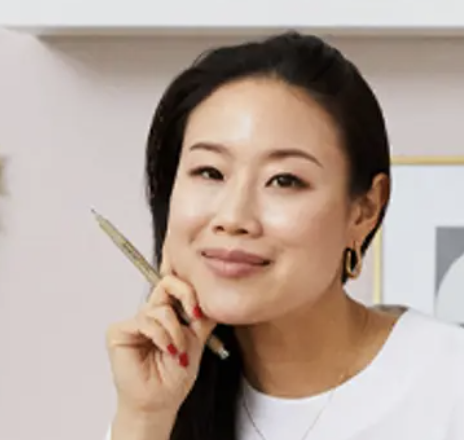
Alicia's love of skincare comes from a personal place. She struggled with severe eczema and problematic skin growing up. She worried that she would always have itchy, rashy, painful skin. To take control of her skin, she attended skin school in Korea, and finally discovered the knowledge, techniques, and Korean Beauty product technologies that allowed her to transform it. For the past 20 years, she has continued to study skincare ingredients and Korean Skincare techniques while also obtaining her NY Esthetician license and cultivating my own unique and effective skincare treatments. Her personal passion—and the mission at Peach & Lily – is to empower you to transform your own skin.
Stay In The Know
Get exclusive access to fashion and beauty trends, hot-off-the-press celebrity news, and more.

Marisa Petrarca is a writer and editor based in Saint Paul, Minnesota, specializing in beauty, wellness, fashion, and lifestyle. She previously served as the Senior Beauty and Fashion Editor at Grazia USA and Beauty and Style Editor at Us Weekly. Her expertise spans breaking beauty news, shopping roundups, product reviews, and explainer articles on popular topics in skin, makeup, and aesthetics. Her work has been featured in PS, Cosmopolitan, Allure, NewBeauty, InStyle, and The Zoe Report, among others. Marisa holds a bachelor's degree in English literature from Wagner College. Follow her on Instagram @Marisa Petrarca.
- Samantha HolenderSenior Beauty Editor
- Gabrielle UlubayBeauty Writer
-
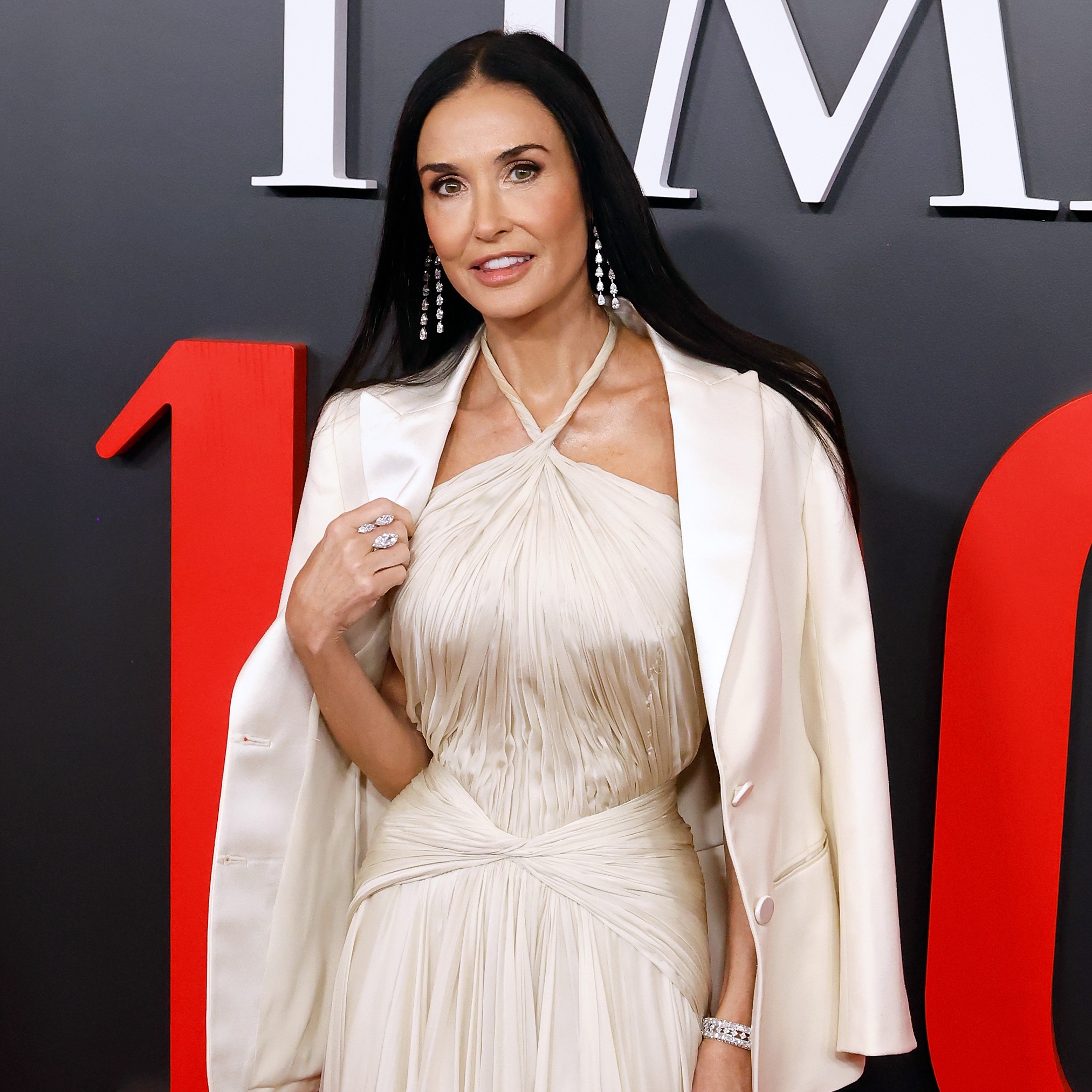 Demi Moore Proves Her Style Icon Status in a Custom Gap Gown
Demi Moore Proves Her Style Icon Status in a Custom Gap GownShe's a champion of affordable luxury.
By Lauren Tappan
-
 Olivia Rodrigo Turns Gucci's Horsebit 1955 Bag Into a Dress
Olivia Rodrigo Turns Gucci's Horsebit 1955 Bag Into a DressAn award-winning look for an award-winning night.
By Kelsey Stiegman
-
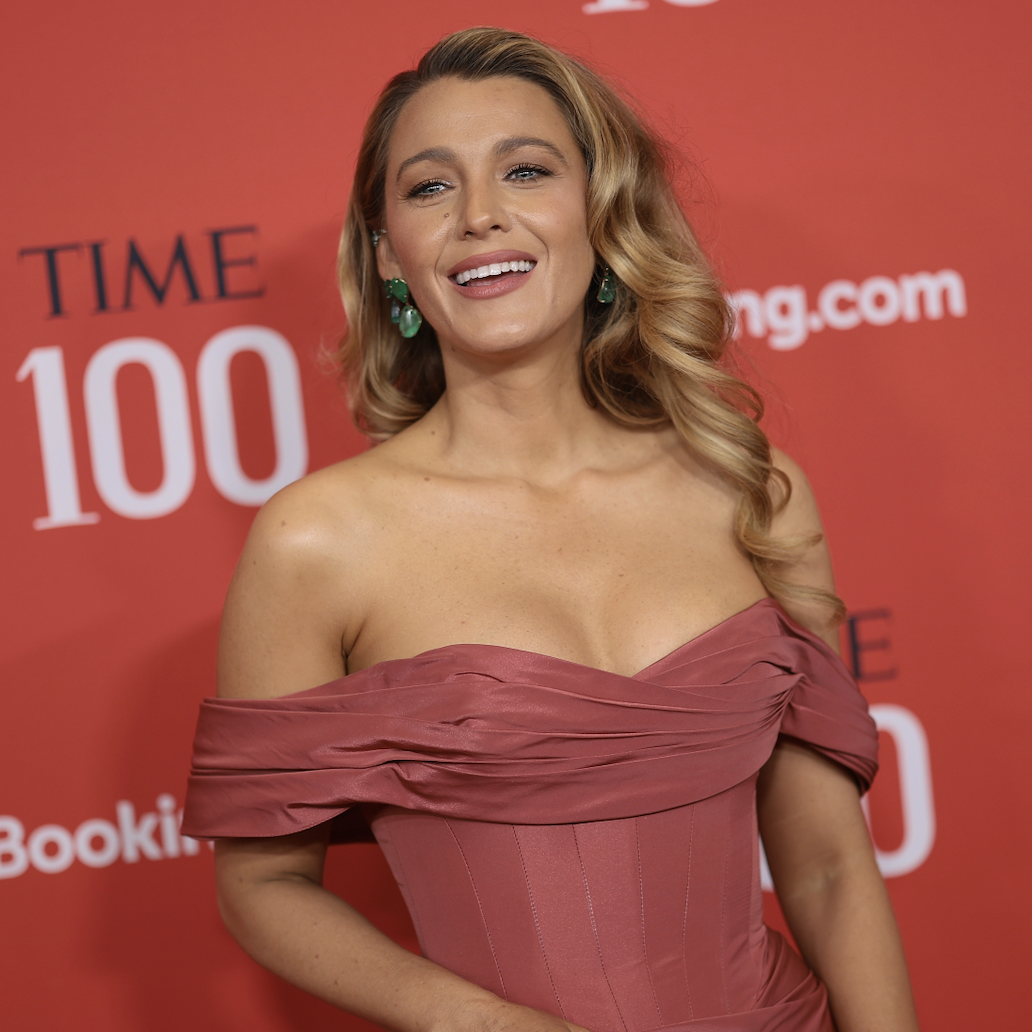 Blake Lively Pays Tribute to Her Own Met Gala Look
Blake Lively Pays Tribute to Her Own Met Gala LookThe first Monday in May came early this year.
By Kelsey Stiegman
-
 Here's the Skinny on Fat Grafting Skincare Treatments
Here's the Skinny on Fat Grafting Skincare TreatmentsHere's the skinny on the cosmetic treatment taking over plastic surgeons' offices from coast-to-coast.
By Fiorella Valdesolo
-
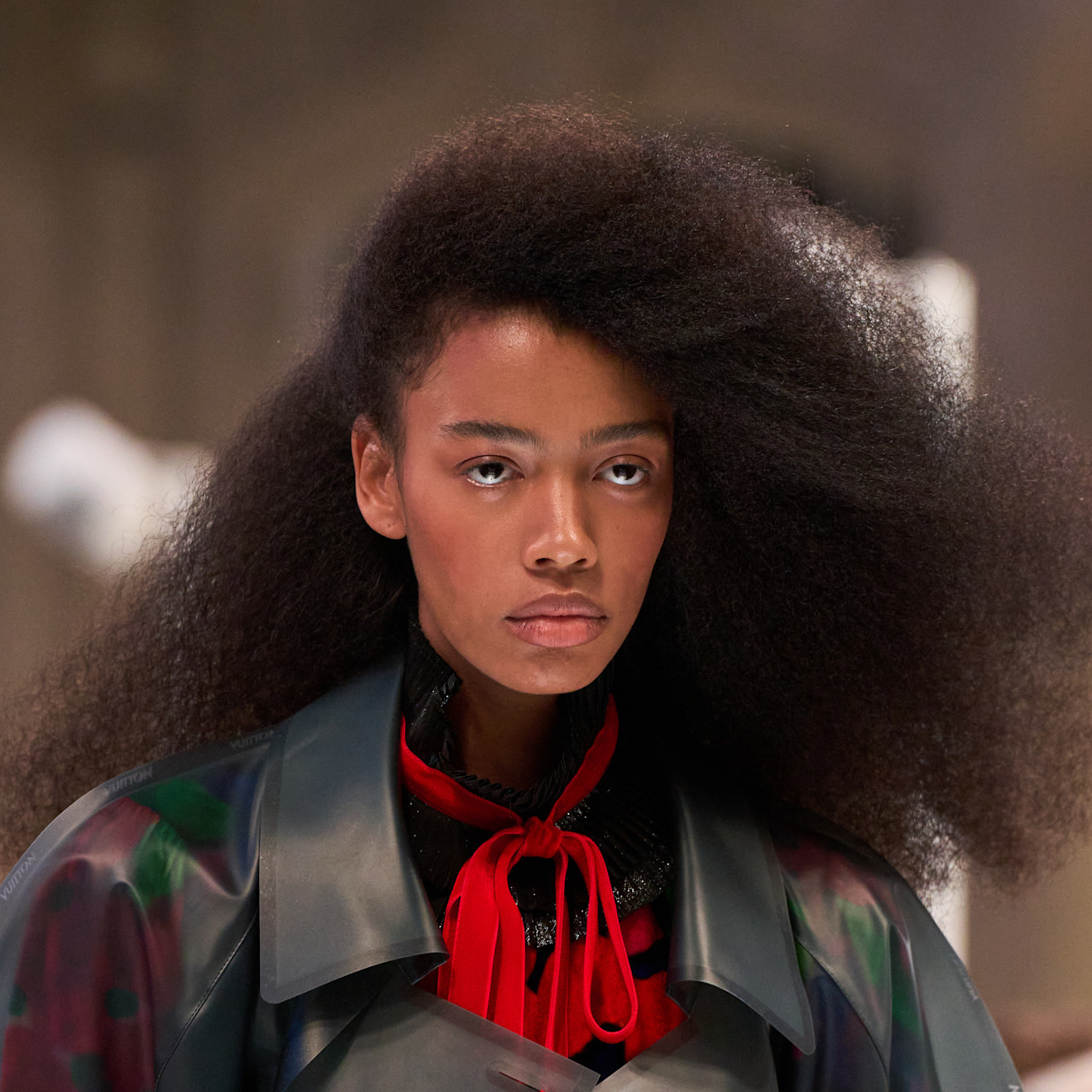 Everything You Need to Know About Marie Claire’s Skin and Hair Awards
Everything You Need to Know About Marie Claire’s Skin and Hair AwardsCould your brand survive an editor testing session?
By Ariel Baker
-
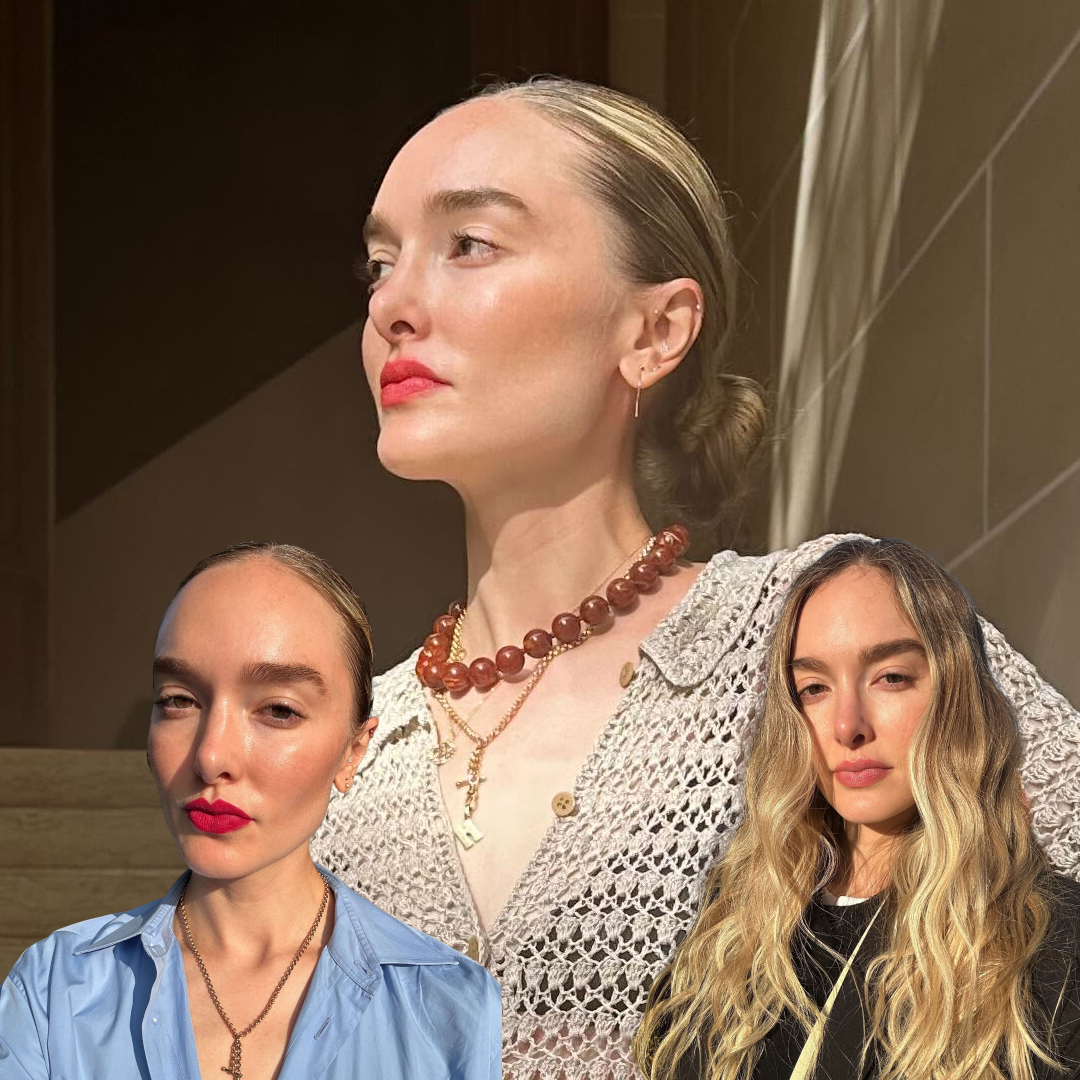 People Always Compliment My Flawless Skin—These 6 Steps Are Why
People Always Compliment My Flawless Skin—These 6 Steps Are WhyFrom sunscreen and essences to moisturizers, it's all here.
By Hannah Baxter
-
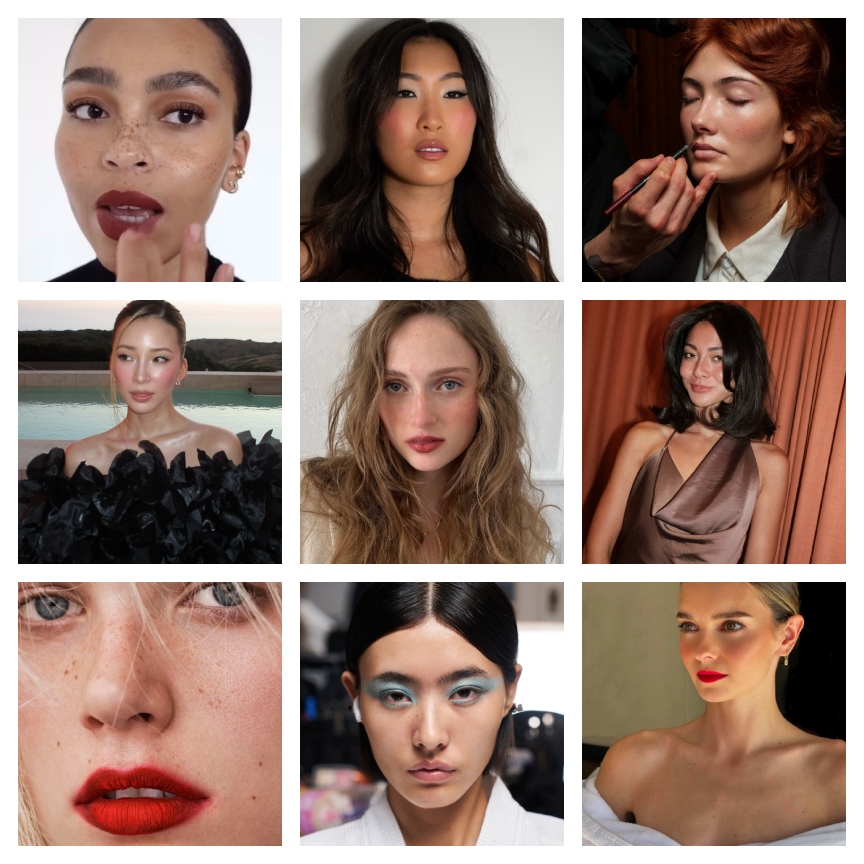 The 11 Best Spring Makeup Trends Are Sexy, Sensual, and Perfectly Luminous
The 11 Best Spring Makeup Trends Are Sexy, Sensual, and Perfectly LuminousIt's dew or die time.
By Jamie Wilson
-
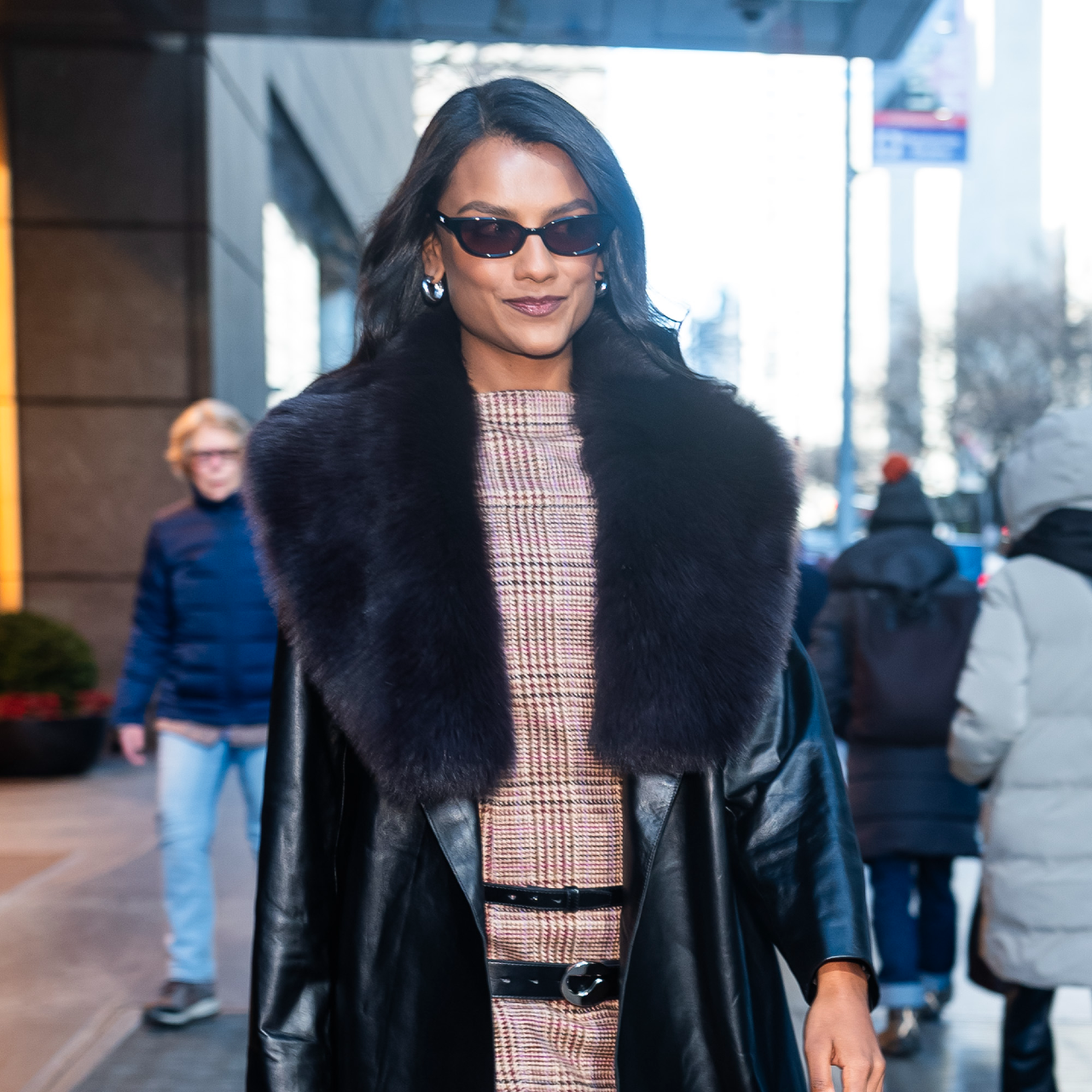 Simone Ashley’s Indie Sleaze Glam Is a Cool-Toned Dream
Simone Ashley’s Indie Sleaze Glam Is a Cool-Toned DreamThe actor was spotted in New York City looking like the epitome of cool-toned beauty.
By Ariel Baker
-
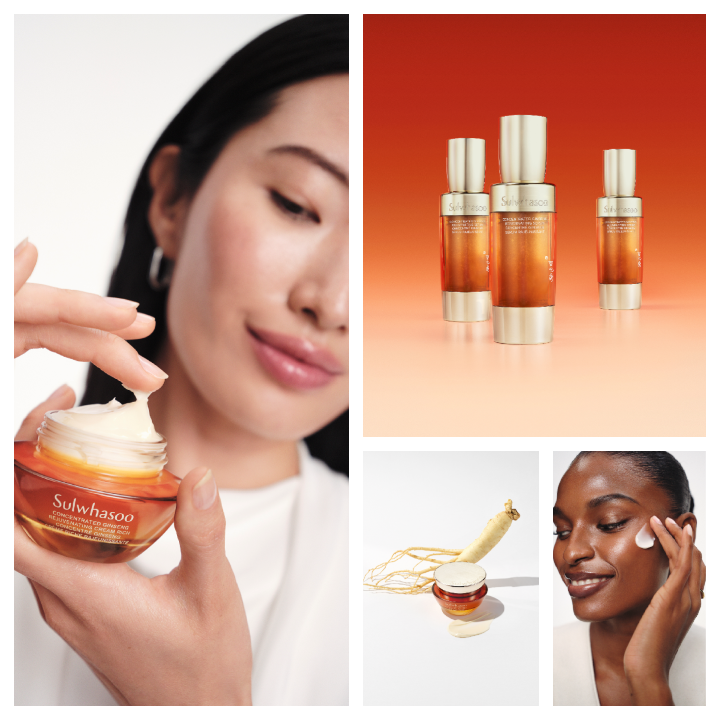 Sulwhasoo’s New Concentrated Ginseng Cream Is a Wrinkle-Erasing Time Machine for My Skin
Sulwhasoo’s New Concentrated Ginseng Cream Is a Wrinkle-Erasing Time Machine for My SkinThis Seoul-based brand is the key to plump skin.
By Samantha Holender
-
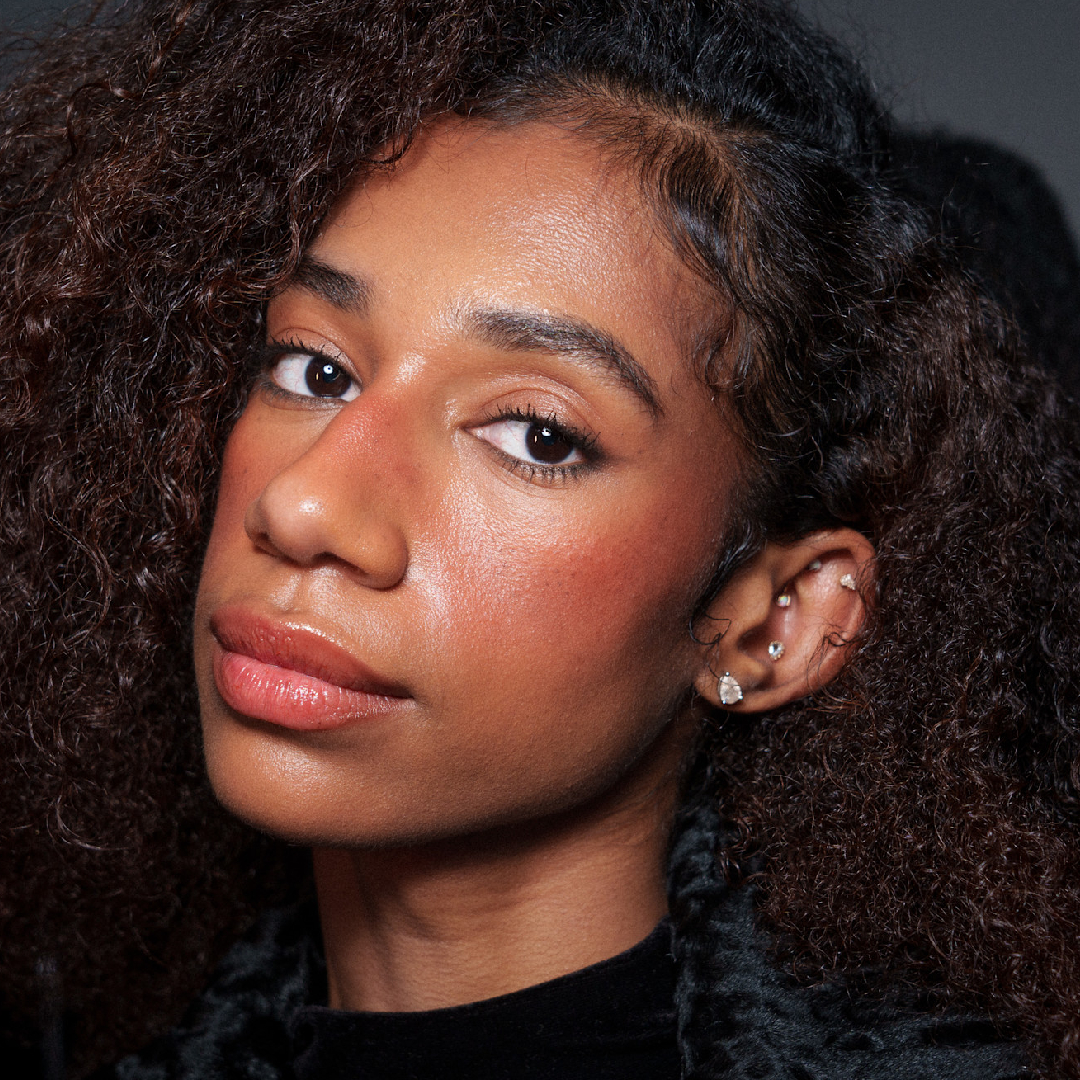 The 10 Best Hair Growth Shampoos of 2025, Tested by Editors
The 10 Best Hair Growth Shampoos of 2025, Tested by EditorsExpensive and healthy-looking hair on lock.
By Marisa Petrarca
-
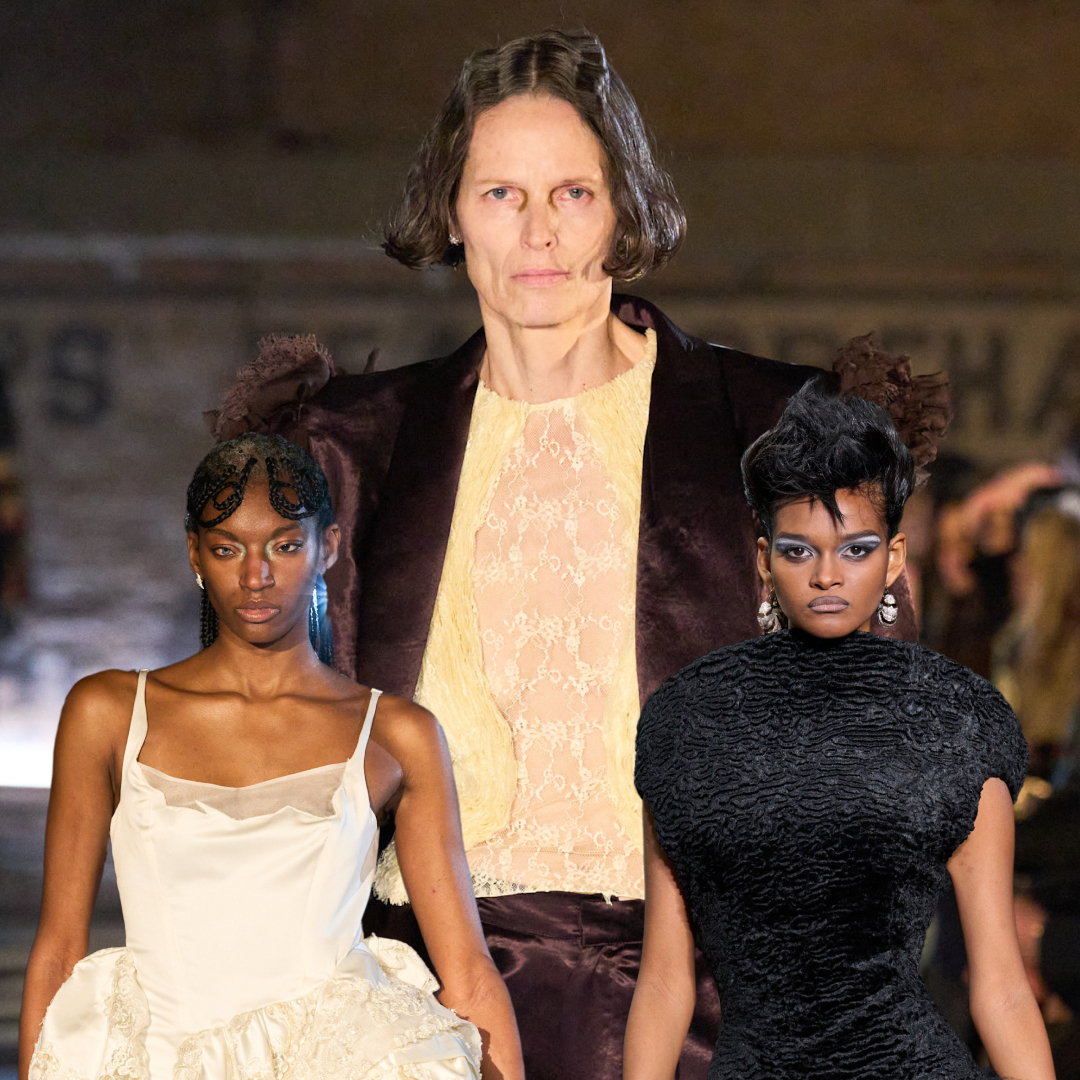 New York Fashion Week’s Fall/Winter 2025 Best Beauty Moments Are a Lesson in Juxtaposition
New York Fashion Week’s Fall/Winter 2025 Best Beauty Moments Are a Lesson in JuxtapositionThe week's best beauty looks were a maximalism master class.
By Ariel Baker